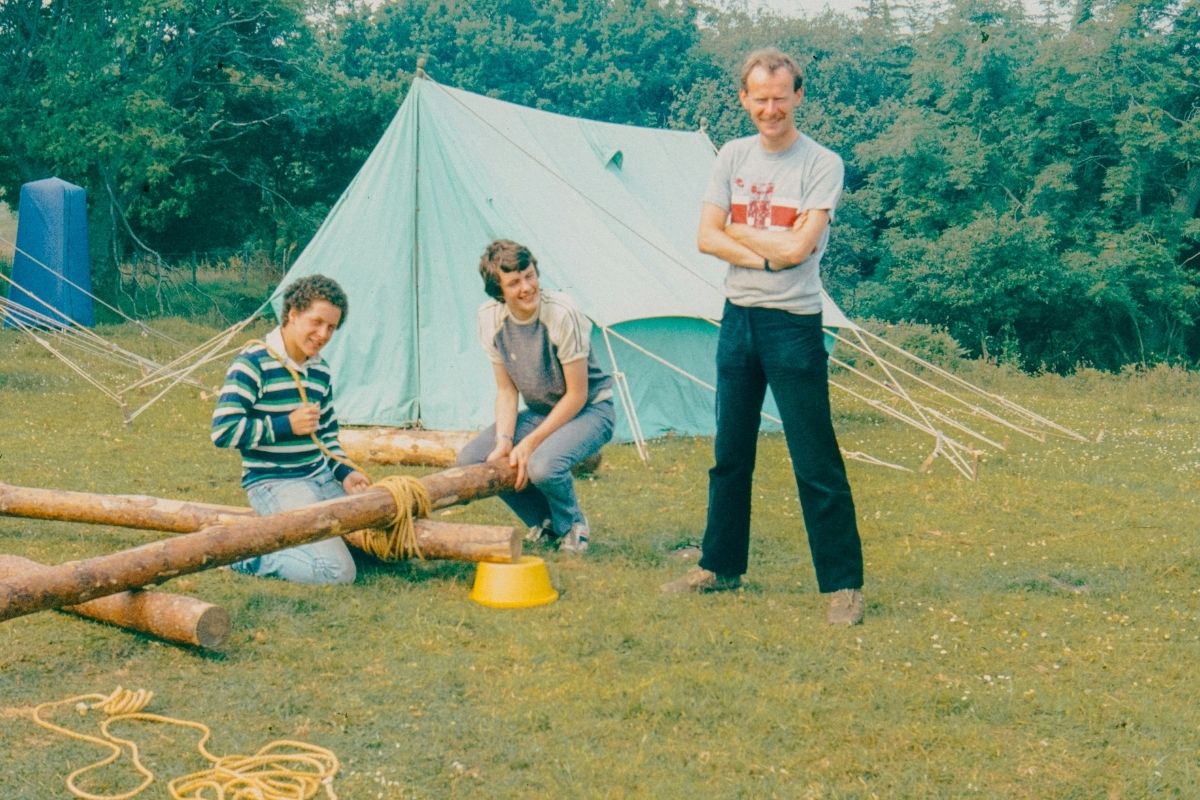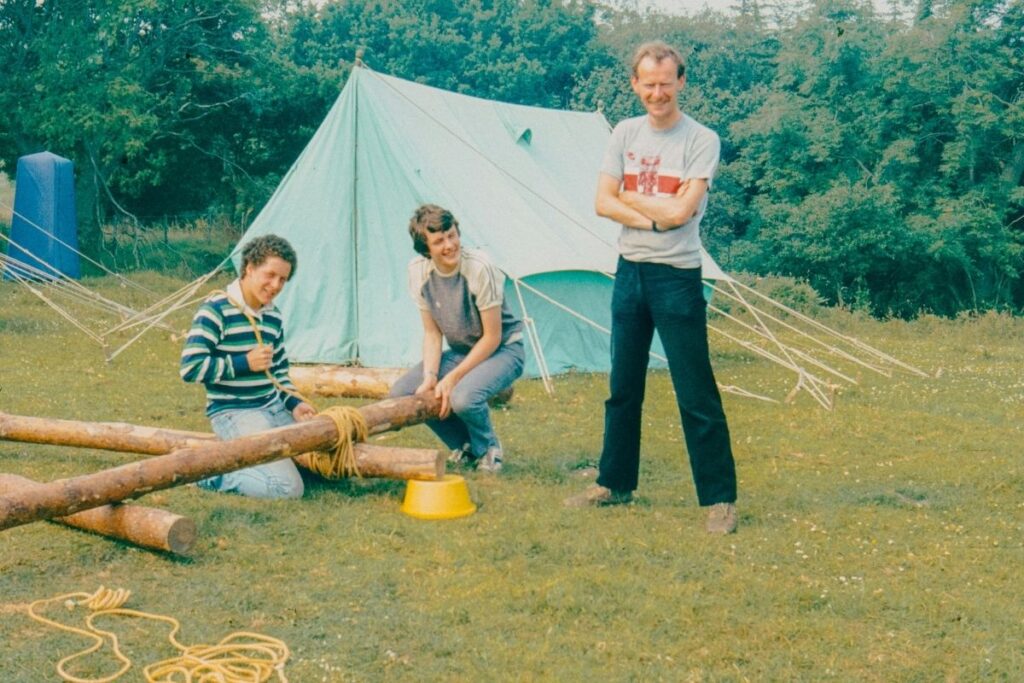Rules tell your kids what to do. Rituals show them who they are.
Most dads confuse the two. We write family rulebooks like amateur dictators: bedtime, screen time, chore charts, toothpaste rules. Then we wonder why our kids obey but don’t belong.
Here’s the truth. Rules build compliance. Rituals build culture.
You don’t remember your dad’s list of dos and don’ts. You remember the Saturday morning pancakes. The handshake before school. The yearly fishing trip where you pretended to catch something other than feelings.
That’s ritual. It’s memory in motion.
The Hidden Power of Rituals
Rituals aren’t sentimental. They’re practical psychology. They turn abstract values into repeatable actions that shape your family’s identity.
Think about it. Every great team, tribe, or tradition runs on ritual. The military has ceremonies. Sports teams have chants. Even startups have their weird little Slack emojis and Friday happy hours. These habits build belonging.
Families aren’t any different. The difference between a house full of chaos and a home with rhythm often comes down to simple, repeated acts that everyone can count on.
When your kids know what we do and why we do it, they don’t just follow rules — they inherit a culture.
Why Rules Fail and Rituals Stick
Rules are rigid. They depend on enforcement. You have to remind, nag, and punish. They work only as long as someone’s watching.
Rituals are different. They’re self-sustaining. They evolve as your kids grow. The meaning deepens over time.
“Be kind” is a rule.
Writing thank-you notes every Sunday is a ritual.
“Work hard” is a rule.
Stacking firewood together every fall is a ritual.
Rules fade when life changes. Rituals adapt. They become anchors — the glue that holds your family together through new schools, new jobs, new seasons. That’s why kids raised in strong ritual-based homes tend to have higher resilience, stronger emotional health, and deeper connection to their parents.
Building Your Own Family Rituals
The good news: you don’t need to reinvent your family. You just need to pick one small thing that repeats — and make it meaningful.
Here’s a framework:
-
Pick a moment that already happens.
Bedtime, Sunday breakfast, the walk to school. You’re not adding time; you’re adding intention. -
Make it symbolic.
Maybe it’s lighting a candle before dinner, or saying one good thing that happened that day. Simple, visible, and repeatable. -
Protect it fiercely.
Skip a rule if you have to, but don’t skip the ritual. The consistency is what gives it weight. -
Let it evolve.
Rituals grow with your family. The bedtime story becomes late-night talks. The Saturday pancakes become Sunday hikes. The form changes, the meaning stays.
You don’t need Pinterest-level creativity. You just need to show up.
The Bottom Line
Your kids won’t remember your curfews. They’ll remember how it felt to belong to you. Forget the checklist. Build the connection. Because one day, when they’re raising kids of their own, they won’t quote your rules — they’ll repeat your rituals.
And that’s how your family legacy outlives you.




